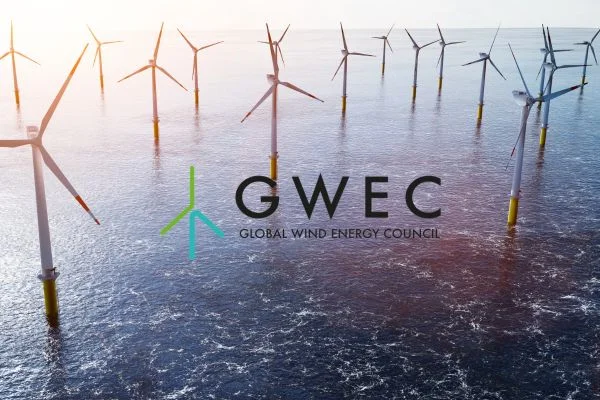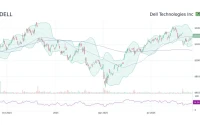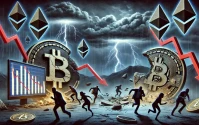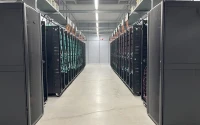Generated Title: Renewable Energy's ESG Push: Genuine Progress, or Just Greenwashing in Disguise?
Okay, let's talk renewable energy and ESG. Specifically, this new partnership between the Solar Stewardship Initiative (SSI) and the Global Wind Energy Council (GWEC). The stated goal? To boost supply chain transparency and sustainability. Sounds great, right? Everyone loves sustainability... until they have to pay for it.
The Hype vs. The Reality
The press releases are full of buzzwords: "responsible sourcing," "ethical standards," "traceability." But what does that actually mean? The core of the agreement seems to be aligning ESG practices between solar and wind, creating a unified framework for suppliers. The idea is to avoid "duplicative audits" and streamline compliance. On the surface, it makes sense. If a company supplies components to both solar and wind farms, they shouldn't have to jump through completely different hoops to prove they aren't, you know, using child labor or dumping toxic waste.
GWEC is developing the Wind Sustainability Initiative (WSI), modeled on the SSI framework, to establish ESG and traceability standards for the wind sector. SSI will share its experience in designing sustainability benchmarks to support the creation of the new wind-focused framework. This is where I start to get a little skeptical. Sharing "experience"? That could mean anything from handing over a detailed blueprint to just a few vague PowerPoint slides. SSI and GWEC sign MoU to boost renewable energy supply chain
The real driver here, as always, is regulation. Governments are starting to demand proof of responsible sourcing. Developers and utilities need to show traceability to get financing, tax breaks, and access to export markets. It's not about being nice; it's about staying in business.
And Mexico looms large in this. The country is becoming a major hub for renewable energy manufacturing, especially for supplying North American markets. Which means Mexican companies are going to face increasing pressure to comply with these new ESG standards. It’s worth noting that Mexico's regulatory shifts, including new norms on energy planning and climate reporting, may align with the broader global trend toward verifiable sustainability metrics.

The Devil's in the Data (or Lack Thereof)
Here's where the data gets… fuzzy. The articles mention the need for transparency in "minerals, metals, and intermediate materials." But there's no specific breakdown of which materials are the biggest concern. Are we talking about lithium for batteries? Rare earth elements for wind turbine magnets? Silicon for solar panels? The lack of specificity is concerning.
And this is the part of the report that I find genuinely puzzling: the agreement aims to "reduce fragmentation across markets." But how? By creating another set of standards? Wouldn't that just add to the existing alphabet soup of ESG certifications and ratings? It seems counterintuitive. Maybe the goal is to eventually consolidate everything under the SSI/GWEC umbrella, but that's not explicitly stated.
I've looked at hundreds of these announcements, and this particular detail—the emphasis on avoiding "duplicative audits"—raises a red flag. It suggests that the cost of compliance is a major concern for the industry. And when cost is the primary driver, there's always a risk that standards will be watered down to make them easier to achieve. The offshore wind industry added 8GW of capacity in 2024. The push is there. But the reporting needs to be crystal clear.
This also has implications for project financing. If a project is deemed "sustainable," it unlocks access to a whole new pool of capital from ESG-focused investors. But what if the sustainability claims are based on flimsy data? What if the audits are superficial? It creates a risk of misallocation of capital and, ultimately, a loss of confidence in the entire renewable energy sector.
So, What's the Real Story?
Look, I'm not saying this partnership is inherently bad. Any effort to improve transparency and sustainability in renewable energy supply chains is a step in the right direction. But we need to be realistic about the incentives at play. Companies are under pressure to meet climate goals and attract investment. Governments are under pressure to create jobs and boost economic growth. The risk is that everyone will prioritize short-term gains over long-term sustainability. This agreement, on its own, won't solve that problem. We need rigorous, independent oversight and a willingness to call out greenwashing when we see it. Otherwise, all this talk of "responsible growth" is just hot air.









